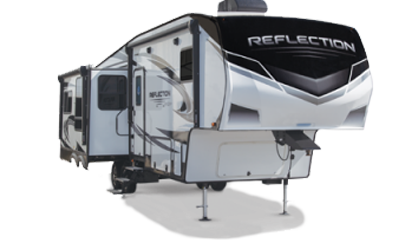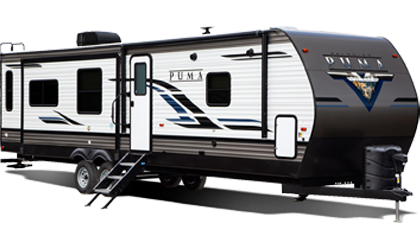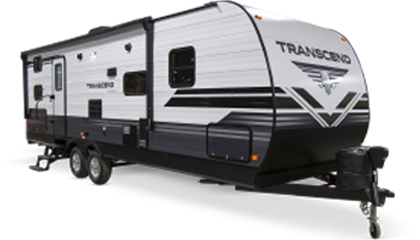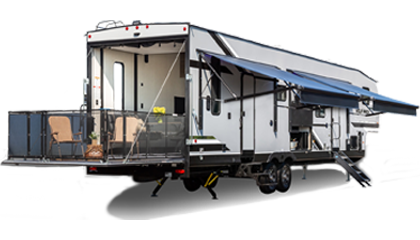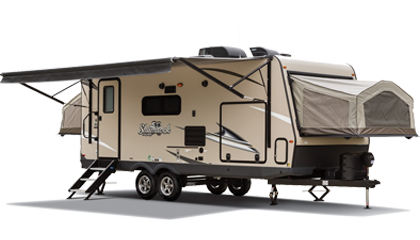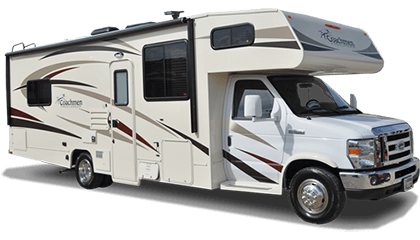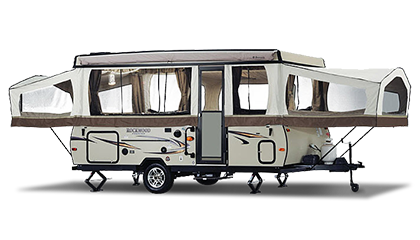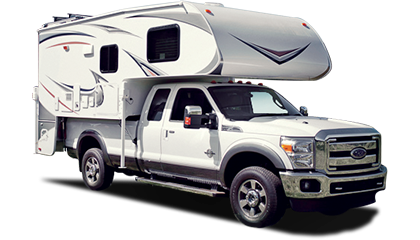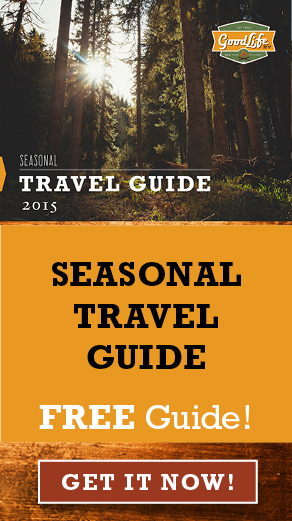How to Winter Camp in Your RV
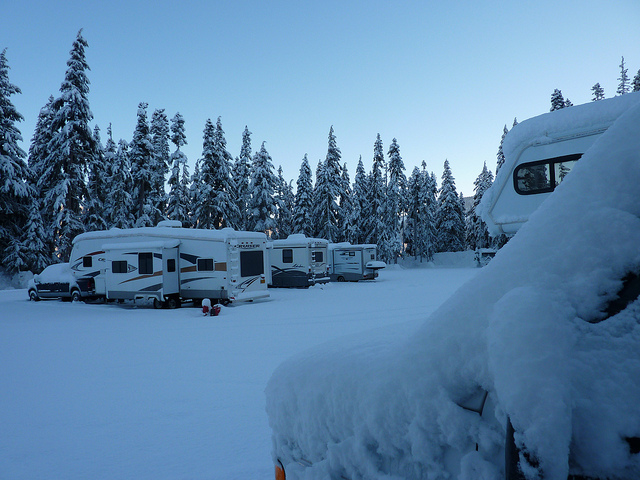
The weatherman is calling for freezing temperatures. Your dog doesn’t want to go outside for a run. Scarves and gloves are becoming the coolest fashion accessories.
Sounds like a great time to go camping in your RV, right? You bet! Camping in the winter can be a fun, rewarding time, especially if you’re interested in skiing, snowboarding, ice fishing or any other cold-weather outdoor fun.
Winter camping in an RV isn’t that crazy, nor is it impossible. It’s just a matter of insulation and managing your RV’s internal and external systems.
DON’T TAKE CHANCES
The weather in Iowa can be unpredictable. The weather can drop 40 degrees in just a few hours, and you can leave the house in a t-shirt and need a jacket on the way back. The number one thing to remember about camping in the winter: it’s not for everyone. There’s good reason why people (and birds) head south for the winter.
With that in mind, camping can be done, but don’t take chances with what you’re doing. Don’t head out to camp in 20-below weather, or feet of snow or in a blizzard. Winter camping is the most fun when it’s cold, but not dangerous. Plan accordingly and pay close attention to weather forecasts before going anywhere.
PREPARE THE OUTSIDE
Once you find a campsite you’re comfortable with staying for a while, the best thing to do is prepare the outside of your RV.
First, you’ll need to prepare the four s-words: skirt, shovel, salt and scraper. An RV skirt that drapes around your motorhome, trailer or camper can be good for preventing chilly drafts underneath. The shovel, salt and scraper are your first line of defense against snow – just like your driveway at home, the area around your RV should be kept as ice- and snow-free as possible. While you’re at the store picking up supplies, grab some freeze-resistant windshield wiper fluid. If you’ve ever had frozen wiper fluid, you’ll know why.
To insulate your pipes for winter camping, you’ll need to wrap your holding tank and its lines in insulation. Then insulate your external water pipes or hoses with heat tape or insulation.
Do not let snow accumulate on the roof of your RV. Get on top of your unit and scrape or shovel it off.
PREPARE THE INSIDE
To keep toasty while camping, you’ll need to do some more preparation.
Propane can be expensive – especially during the winter, when its demand is highest – so it’s recommended that you stick to electric heating whenever possible. Still, keep your propane heater on, but at a lower temperature. Consider it a fail-safe if anything happens with your electric power.
Propane also has a bad side effect: it produces a lot of humidity. This humidity can build up and make an uncomfortable living environment. To keep humidity at bay, crack a vent every once and a while, or turn the bathroom fan on.
Once you go to bed, make sure you close the blinds and shades on all windows. This will give some extra insulation to your bedroom. Down or wool blankets are also a good investment for the extra-cold nights.
Photo courtesy colleen-lane

